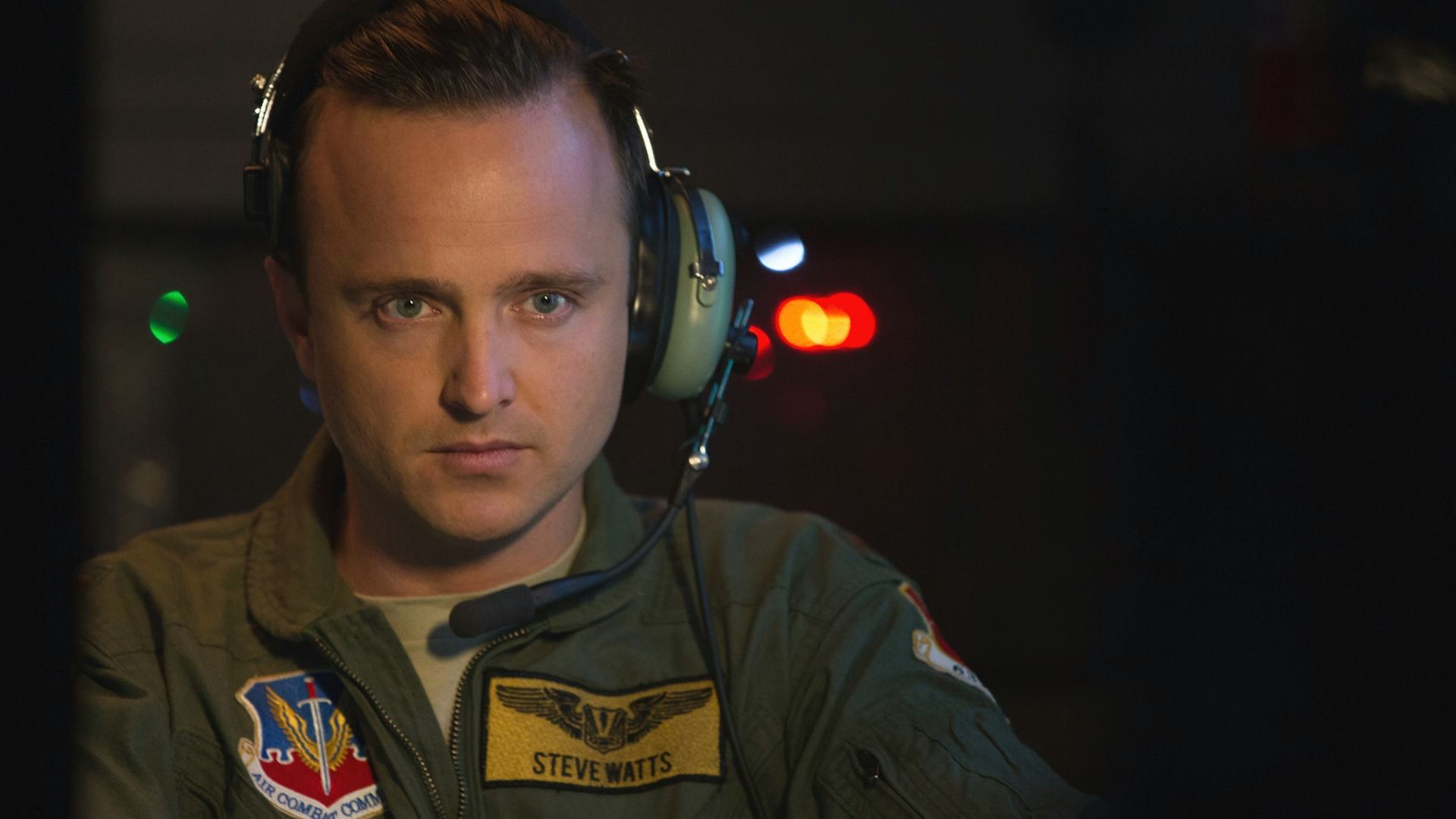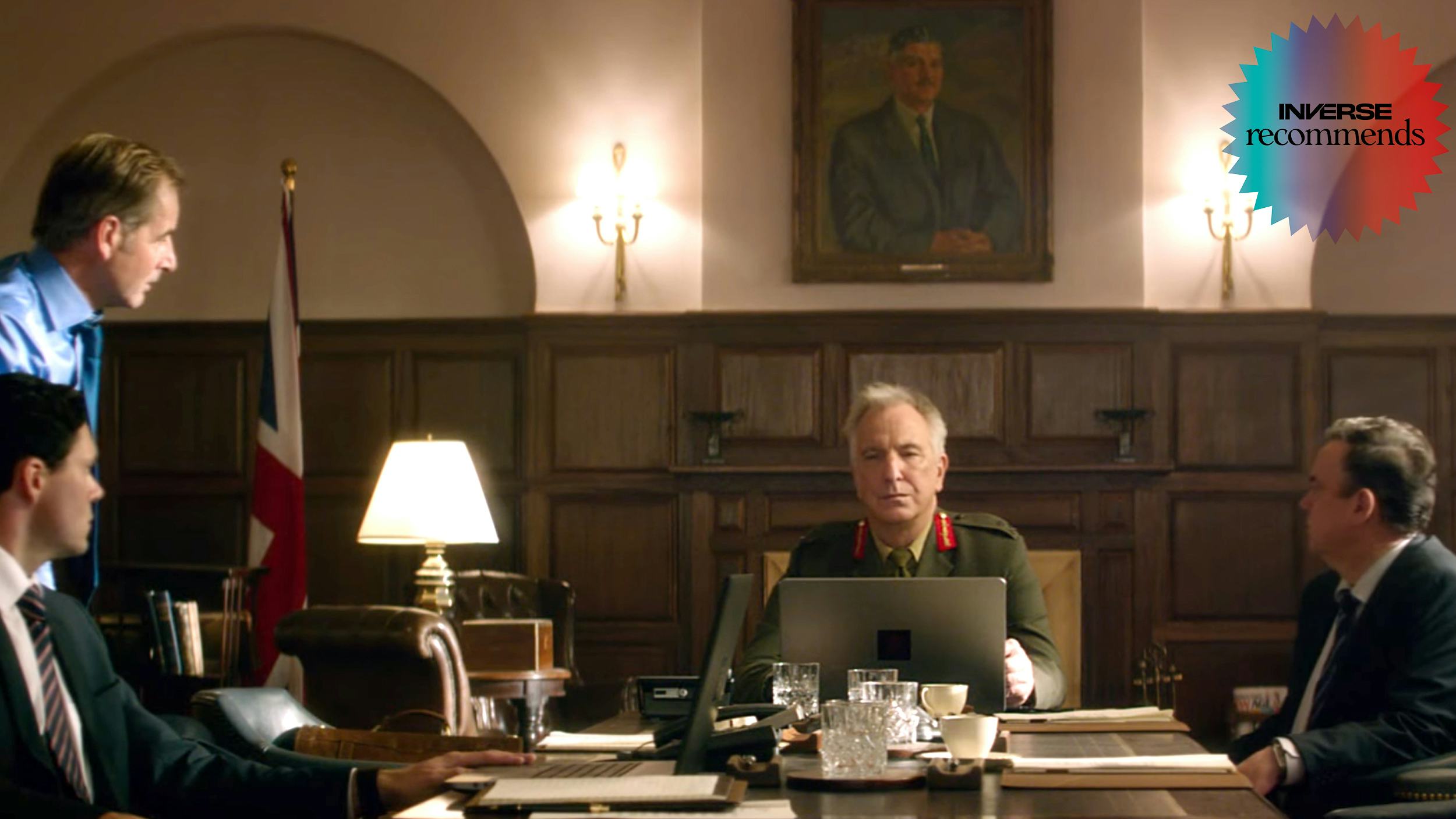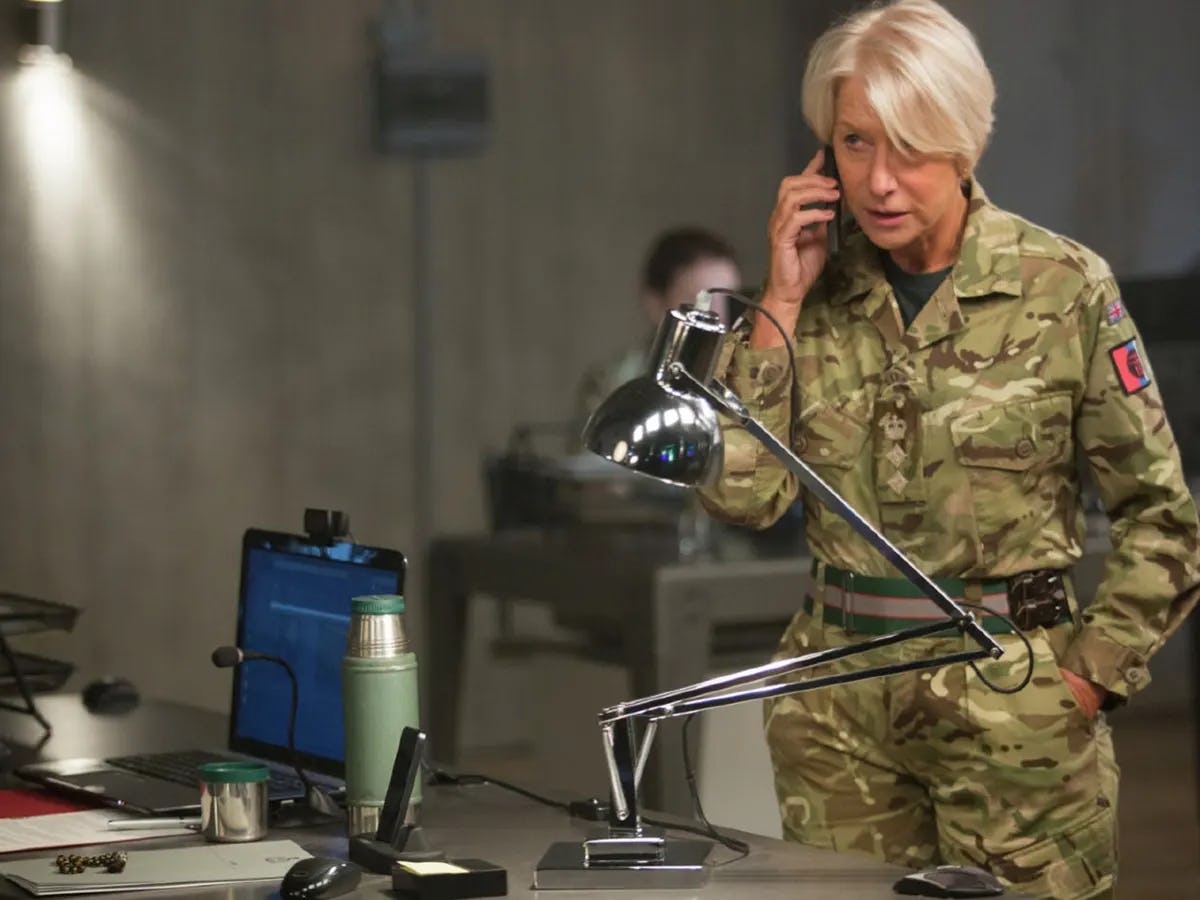
In February 2022, the American military conducted a drone strike in Somalia against al-Shabaab. Although the government said the attack was successful, and that no civilians were harmed, much remains unknown about it. Things are rarely clear in the fog of war, especially when it’s being viewed from high above.
The February strike bears a broad resemblance to Gavin Hood’s 2015 Eye In The Sky, which revolves around wondering whether Americans should launch a drone strike against al-Shabaab in a sparsely populated part of Kenya. While Eye In The Sky mostly consists of people sitting around and talking, these are fascinating conversations in rooms where life and death are constantly weighed.
Eye In The Sky fits the entire complicated and controversial concept of drone warfare into one mission. It’s international in every sense, being helmed by British Army Colonel Katherine Powell (Helen Mirren) and Royal Marines General Frank Benson (Alan Rickman), operated remotely by American pilot Steve Watts (Aaron Paul) and being observed on the ground by Kenyan agent Jama Farah (Barkhad Abdi).
Their mission starts off peacefully, an MQ-9 Reaper being used for surveillance as the team prepares to swarm a house where al-Shabaab members are meeting. Col. Powell is especially eager to arrest a British national who’s been radicalized, and Farah unleashes a tiny flying camera that looks like a beetle to get inside the house.
Then the mission becomes more serious. The al-Shabaab agents appear to be preparing suicide bombers to go out and kill themselves, potentially taking dozens of people with him. Powell and Benson feel an immediate need to act, but they have to convince their non-military supervisors in the British cabinet (including Game of Thrones’ Iain Glen as the foreign minister).

Meanwhile, audiences follow the journey of Alia, a young girl who likes to hula-hoop and secretly learn math, as she goes through an ordinary day of selling bread. Without no sense of the danger within, she sets up shop outside the house that Steve is preparing to destroy with a Hellfire missile.
Alia’s presence sets off talks throughout the government. Military officials are focused on their mission but concerned with finding legal cover, while the politicians weigh both the legal and political costs of their action—or inaction. Who would win the propaganda war if suicide bombers killed dozens? Or if the British government authorized the killing of a young girl in a friendly country as collateral damage?
As talks drag on, Powell grows impatient. She challenges her on-the-ground legal counsel and tries to figure out how to lower the probability of Alia’s death from 65% to something in the 40s. She faces opposition, most notably from Steve, the man in the pilot’s chair, who’s grown attached to the girl he’s seen hula-hooping through a camera thousands of miles away.

While Eye takes time to ask questions, it never slows down for them. The clock is always ticking, making the movie feel like a John le Carré adaptation. Le Carré, the classic spy novelist, was always curious about what the men and women who operate in the shadows think and feel, and there’s no one more out of sight than the people making the decisions here.
Aside from its moral issues, Eye In The Sky also has the distinction of being Rickman’s final live-action role before his death. While Frank Benson won’t be remembered like Hans Grueber or Severus Snape, Rickman’s in top form here. While he’s in the background, Rickman gets a chance to get annoyed as only he could, staring in confusion as he attempts to buy a doll to help an unnamed baby sleep. It’s the movie’s only comedic beat, and it’s delightful.
Eye In The Sky is a serious story about a situation that’s rarely discussed. Only a few years before the movie’s release, the United States was making massive investments in African drone operations. It’s a technology worth understanding, and Eye In The Sky captures the inherent danger, drama, and tragedy that can be found within.
Eye In The Sky is on Netflix until May 12th.







